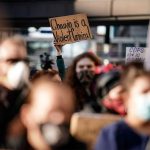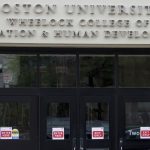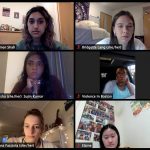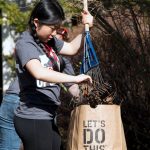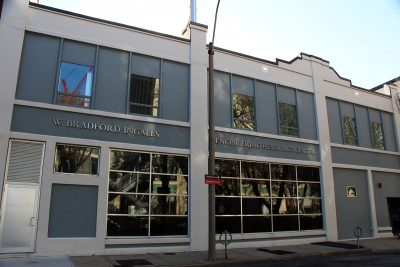
Boston University has made use of an online space reservation system to limit the number of students in engineering labs. Faculty and students say the buildings are much emptier than previous years.
The Engineering Product Innovation Center is open to all BU students, but provides equipment especially useful for engineering, such as a 3D printer and other heavy machinery.
Typically open to walk-ins every day of the week, EPIC is now only available to students by appointment, which are made through an online reservation system provided by the University.
EPIC Director Gerald Fine, a professor in the College of Engineering, said ENG is doing its best to provide for students without lab access by giving them kits to use at home or in their dorm rooms.
“While this isn’t a perfect substitute for having access to EPIC,” Fine said, “we think that it helps supplement the educational experience and provides some additional experience that our engineering students need in a really difficult time.”
Fine said he believes the current student experience is different from previous years, and ENG is interested in opening up its facilities further — if the pandemic allows it.
The goal of the Engineering Department, he added, is to offer students resources while following COVID-19 guidelines and keeping the BU community safe.
“It’s the best experience we can offer,” Fine said. “We understand that it’s not a perfect situation.”
Richard Lally, ENG senior associate dean for finance and administration, said the Ingalls Engineering Resource Center is typically busy, but has not been “heavily used” this Fall.
He attributed the decrease to students choosing to stay in their own spaces this semester.
Lally said the reservation system works “pretty well” and allows students to reserve a seat for up to four hours.
However, he said the department is looking to implement a walk-in system.
ENG sophomore Eric Cho said he thinks he’s gotten the best education he could under the University’s current condition. However, he said he feels many students are being “robbed” of their experience.
“A bunch of my friends [who are] online didn’t get to work with certain machines and parts we all should have, and had to rely on a partner to do so,” Cho said.
Ingalls and the Singh Imagineering Lab, also known as Tinker, provide spaces and resources for ENG students to complete coursework or personal projects.
ENG sophomore Johnathan Muhvich, a Tinker Lab event coordinator, said COVID-19 safety is the lab’s main priority.
Muhvich said Tinker Lab has been “pretty quiet” this Fall compared to last year. Muhvich said the Ingalls building has seen the average number of daily student visitors drop from 30 to roughly six or seven at a time.
He said he attributes the decreased foot traffic to fewer students being on campus, as well as the new reservation system.
“You can’t just run in, work for an hour, and then leave,” Muhvich said. “You have to set up a reservation.”
Muhvich said he understands why the limited room capacity and other rules are in place, and he is glad to use the space.
“I’m really happy that we’re open in any capacity,” Muhvich said, “because there was talk at the start of the year that we wouldn’t be able to open Tinker.”
Tinker Lab is often not at full capacity, Muvich added, and he would like to see more students use the space.
“We could be helping more students with projects,” Muhvich said. “We certainly have plenty of times where the lab isn’t in use.”

